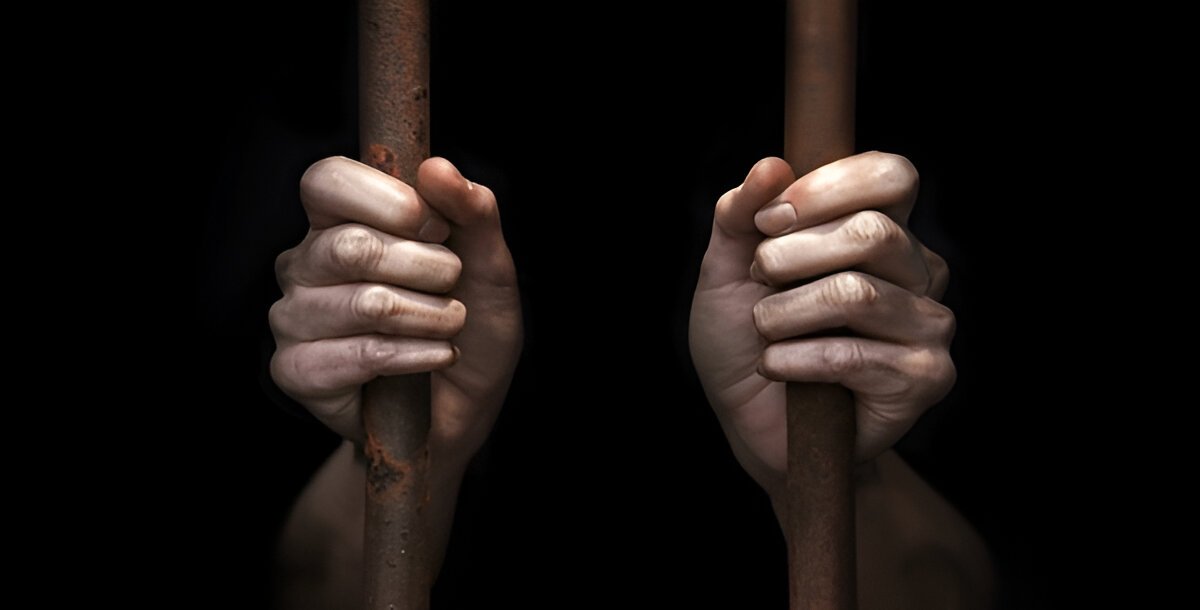The case involves a fight over the ownership and use of land in the village of Baruara, in Ghazipur district, Uttar Pradesh. On September 17, 1965, a serious clash happened between two rival groups. Chandan Rama, along with a few others, tried to stop Deo Narayan from farming on a piece of land they both claimed. During the confrontation, things turned violent. Chandan Rama hit Deo Narayan on the head with a lathi (a wooden stick). In response, Deo Narayan attacked Chandan with a spear, hitting him in the chest and causing his death.
At trial, the court acquitted Deo Narayan and his group, saying they acted in self-defense because the fight was started by Chandan Rama’s side. However, the State appealed, and the High Court later convicted Deo Narayan under Section 304 of the Indian Penal Code (culpable homicide not amounting to murder). The court ruled that even if Deo Narayan was defending himself, he went too far by using a deadly weapon like a spear against a lathi attack. The High Court gave him a sentence of five years of rigorous imprisonment.
Issue before the Court
The key question here is whether the person appealing the case (the appellant) went beyond what’s legally allowed in self-defense when he used a spear to counter an attack made with a lathi.
You can also read the Judgement of Mohori Bibee V. Dharmodas Ghose Case.
Arguments of the Parties
The appellant argued that using a deadly weapon like a spear was excessive and unreasonable against a lathi strike, which is a less lethal weapon.
The respondent (defense) countered that he acted instinctively in a sudden, dangerous situation. They stressed that a lathi can still cause serious injury or death, and using the spear was a proportional response to neutralize the threat.
Analysis of the Court
In this case, the Supreme Court found that the High Court had made a mistake when it convicted Deo Narayan. The main issue was whether Deo Narayan had the right to act in self-defense. The Supreme Court made it clear that a person doesn’t have to wait to be attacked before defending themselves as long as they reasonably believe they are in immediate danger. The danger must feel real and present, not something that might happen in the distant future.
The Court looked at the facts and said Deo Narayan had a good reason to think he was about to be harmed, especially because Chandan Rama was acting aggressively. Just because the attacker used lathi doesn’t mean the person defending themselves can’t use a more serious weapon like a spear. If the attack is aimed at a sensitive part of the body like the head, a stronger defensive response might be justified.
The Court also said that in the heat of the moment, people can’t always perfectly judge how much force to use when defending themselves. So, it was understandable that Deo Narayan reacted the way he did. In the end, the Supreme Court ruled that his actions were reasonable under the circumstances and decided to acquit him, reinforcing the idea that self-defense depends heavily on the context of the situation.
Concluding Remark
The Supreme Court’s ruling focussed on the idea that self-defense claims must be analysed on the specific situation and how the threat was perceived in the heat of the moment. By ultimately acquitting the accused, the Court emphasized that factors like how serious the threat was, how urgent the danger felt, and the attacker’s actions matter deeply in such cases.

